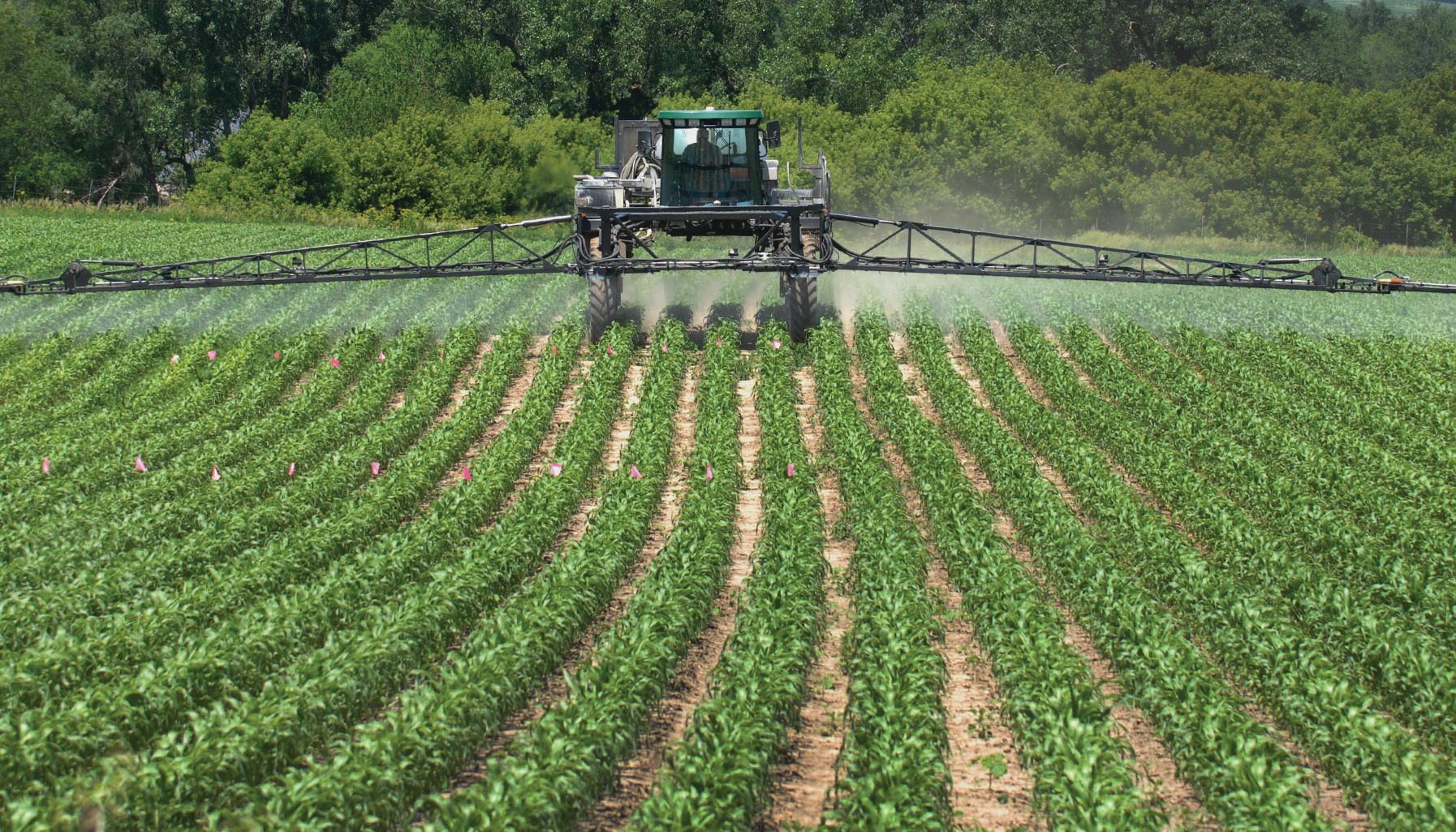AGR203:Principles of Crop production
Principles of Crop Production: Is a two-credit course for 200 level students of B.Sc. (Agricultural Extension and Management). The course consists of 13 units in3 modules which deal with the basic principles and practice of crop production. This course guide tells you briefly what the course is all about, and how you can work through these units. It suggests some general guidelines for the amount of time you are likely to spend studying each unit in order to complete it successfully. It also gives you some guidance on your tutor-marked assignments.
The main aim of this course is to introduce the fundamental principles upon which crop production practices are based. By studying the principles of crop production you will be able to understand the interaction between the plant, the environment and how and why plants grow and develop. This will enable you to manipulate the plants and their external conditions for better growth and development and crop yield.
These are:
- state classification of plants based on botanical similarities, usefulness, growth cycle, indigenous, introduced and response to some climatic conditions
- understand the pattern in which crops are grown in a given area over a period of time and the technical and managerial resources that are utilised in the process of crop production
- identify the most appropriate fertiliser to apply on a particular crop in a given area and recommend the right time and quantity of fertiliser to apply
- describe the various tillage practices, state their roles and implements for carrying them out
- identify the most critical periods in the life of plant in relation to moisture and recommend irrigation programmes that are most appropriate
- understand the importance of drainage and the use of the different methods of drainage
- describe the various soil and water conservation methods
- identify the different types of weeds and their characteristics and recommend the most appropriate measure of weed control
- describe the common types of pests and their characteristics, nature of damage to crop plants and
- identify the most appropriate control measures for effective control of pests



